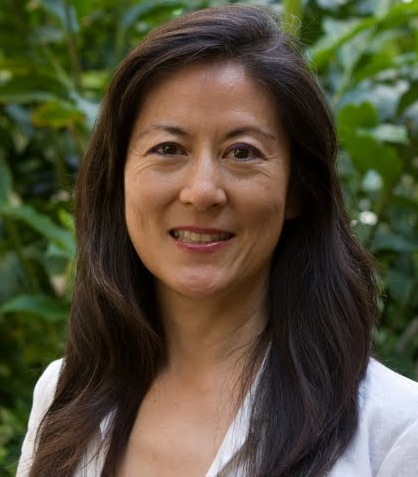Mari Matsuda is a central scholar within the critical traditions of legal scholarship: in particular Critical Legal Studies, Critical Race Theory, and feminist legal theory. Amna Akbar sat down with her virtually, on December 3, 2020, to ask some questions about her insights on where we are today, where we have been, and where we might go. Today's part of the conversation focuses on the origins and the legacy of CRT.
We are assured Amna will have more to say here at the Blog, but for now check out her account of the abolitionist movement has developed into the type of coalition that can make real change in this moment.
In April, the New York Times ran a profile on abolitionist visionary and scholar Ruth Wilson Gilmore, and the Harvard Law Review published an entire issue on prison abolition. This fall, the University of Texas Law School Human Rights Center is hosting a conference on abolition. The new journalistic outlet The Appeal runs abolitionist pieces…
This post is part of an ongoing series on LPE & Social Movements. In this moment of crisis for the rule of law, a number of thinkers on the left have prescribed new strategies for progressives to shift reigning ideas about constitutionalism and the law. Jedediah Purdy, for example, has argued that part of the…
This post opens a series on LPE & Social Movements. When members of the Sunrise Movement confronted Senator Dianne Feinstein ten days ago, they demonstrated the renewed vitality of an old force in democratic politics: organized young people bringing bold new visions to complex social problems. In the video, we see the power of movement…
Energized and challenged by the rise of powerful grassroots movements in the wake of the Ferguson and Baltimore rebellions, law professors are rethinking how to teach first-year Criminal Law. At the Law and Society Association annual meeting this summer, Alice Ristroph convened a group to ask “Are we teaching what we should be teaching? .…




